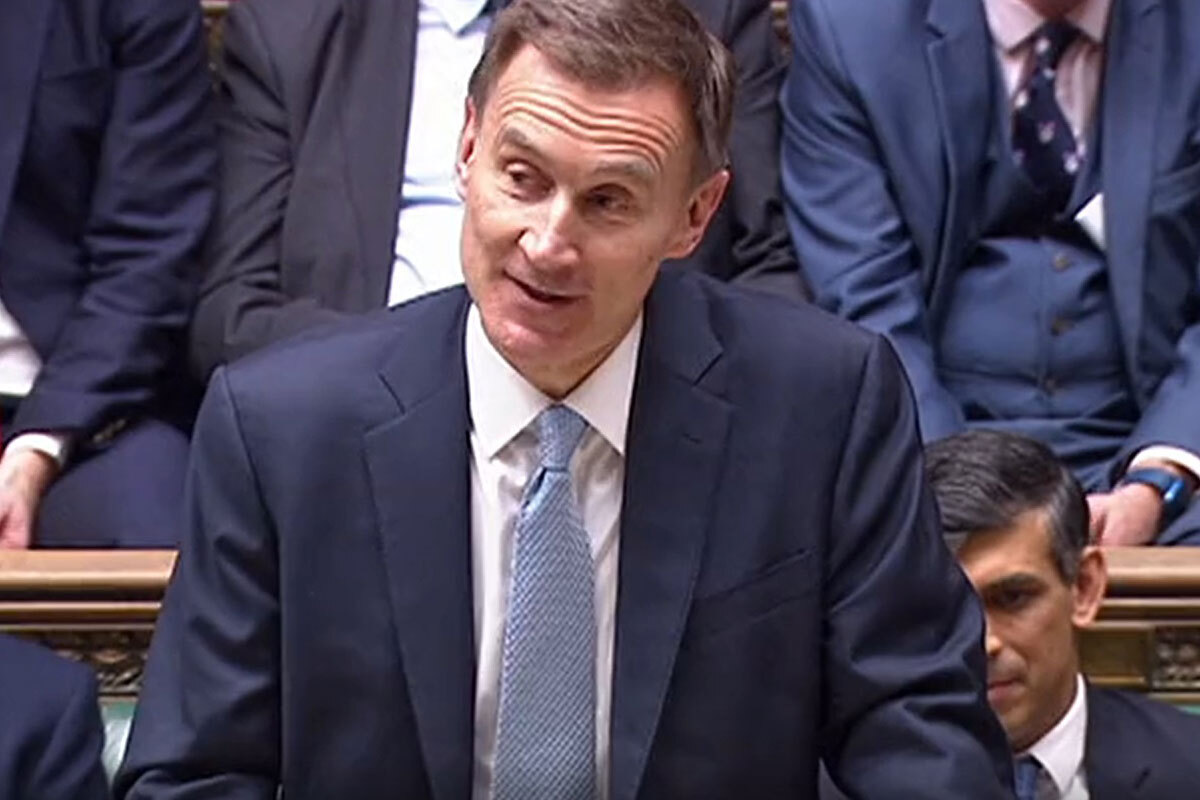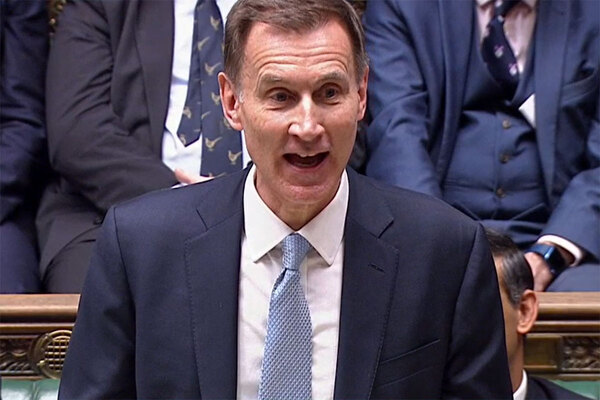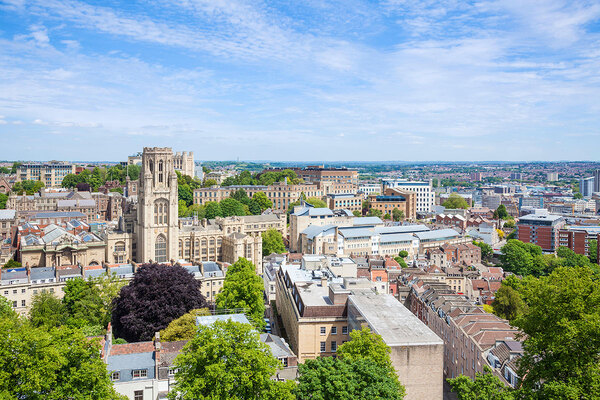You are viewing 1 of your 1 free articles
Spring Budget 2024: SDLT exemption on acquisitions for registered providers
The government will update legislation to ensure registered providers are not liable for stamp duty land tax (SDLT) when purchasing property with public subsidy.
The plan to update SDLT liability was revealed in the Spring Budget document published alongside the chancellor’s address to parliament earlier today.
The document read: “Legislation will be updated to ensure that from 6 March 2024, registered providers of social housing in England and Northern Ireland are not liable for SDLT when purchasing property with a public subsidy, and public bodies will be exempted from the 15% anti-avoidance rate of SDLT.”
Inside Housing has asked for clarity from the Department for Levelling Up, Housing and Communities for clarification on whether this applies to both non-profit and for-profit registered providers.
An exemption from this policy as it applies to for-profit providers was something the chief executive of Legal & General Affordable Homes said was necessary to support partnership working and investment in June last year.
Elsewhere in the Budget document, a number of property taxes will also be abolished.
Jeremy Hunt said: “I am concerned that this tax regime is creating a distortion, meaning there are not enough properties available for long-term rental by local people.
“So to make the tax system work better for local communities, I’m going to abolish the Furnished Holiday Lettings regime. I’ve also been looking at stamp duty relief for people who purchase more than one dwelling in a single transaction known as multiple dwellings relief.”
Multiple dwellings relief will be abolished from June, after it was described as “showing no evidence of promoting investment in the private rented sector”. This will raise £385m a year.
At the same time, the Furnished Holiday Lettings tax will be done away with from April 2025, which will raise £245m a year. This tax allowed private landlords of qualifying holiday lets to get full relief for their mortgage interest payments.
The government believes getting rid of it will make “it easier for local people to find a home in their community”.
In an attempt to support the housing market, the government will implement a change to the capital gains tax (CGT) for residential property disposals from 28% to 24%, but the lower rate will remain at 18%.
It is hoped this will encourage landlords and second home owners to sell their properties, making more available for a variety of buyers including those looking to get on the housing ladder for the first time, while also raising revenue over the forecast period.
Private residence relief will remain in place, meaning the vast majority of residential property disposals will pay no CGT.
During the Spring Budget, the chancellor also announced £242m in funding for around 8,000 homes in Barking and Canary Wharf in east London, a £20m fund for community-led housing projects, and an extension to the Household Support Fund to help with the cost of living.
Sign up for our asset management newsletter
Already have an account? Click here to manage your newsletters












